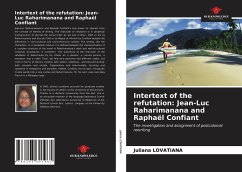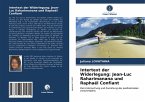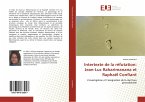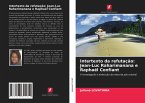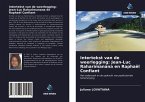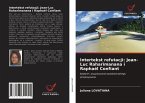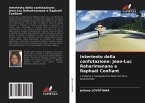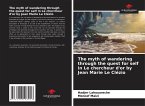Jean-Luc Raharimanana's and Raphaël Confiant's text draws its interest from the concept of identity of writing. The character of refutation is in perpetual transgression to disrupt the social order as we see in Nour, 1947 or Za by Raharimanana and Eau de Café or Le Nègre et l'Amiral by Confiant despite the difference in socio-cultural and socio-historical context. The writing, like the characters, is in perpetual refusal: it is defined between the characterization of a complex structure of the novel in Raharimanana's work and well-structured novelistic procedures in Confiant's. The specificity of the character of the refutation is determined by his status as a pleaser, a cursed person, a wanderer and a rebel. Thus, we find very personal and different styles, but meet in terms of literary creation with violent, rebellious, unstructured writing, both complex and simple, fragmentary and interminable, bursting and repetitive in metaphors and parodies. Indeed, Confiant, for his part, introduces Creole words into a new syntax and Raharimanana, for his part, uses everyday French in a Malagasy logic.
Bitte wählen Sie Ihr Anliegen aus.
Rechnungen
Retourenschein anfordern
Bestellstatus
Storno

